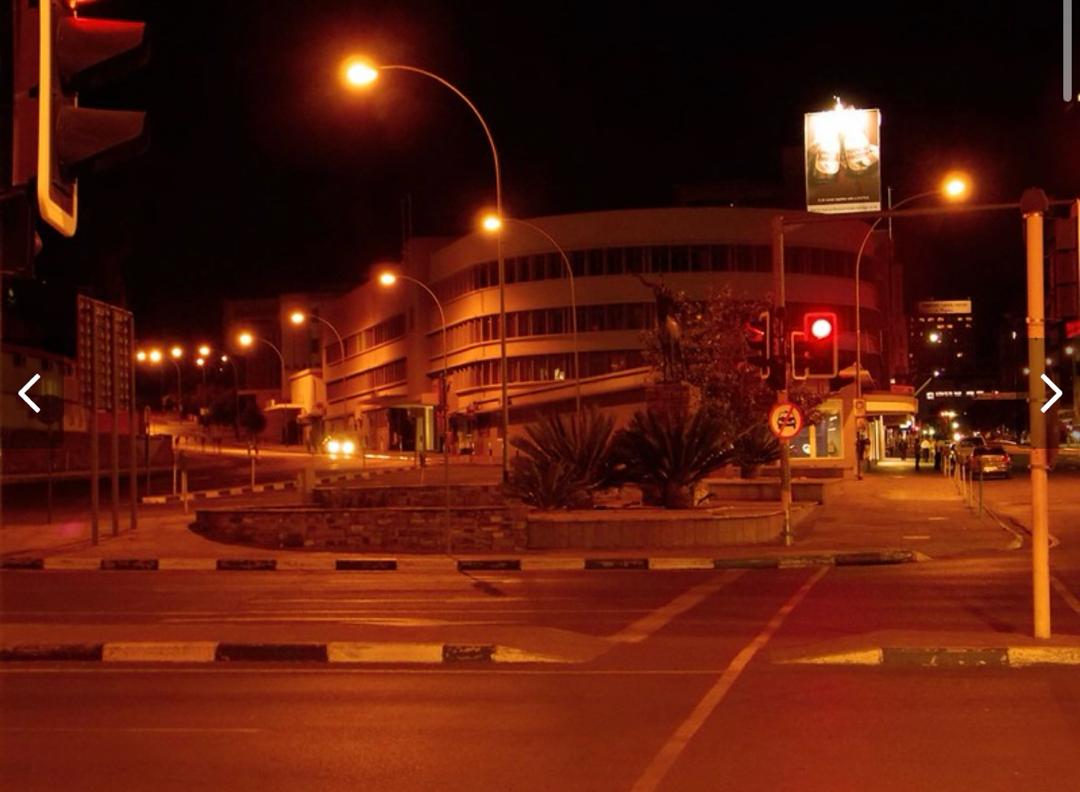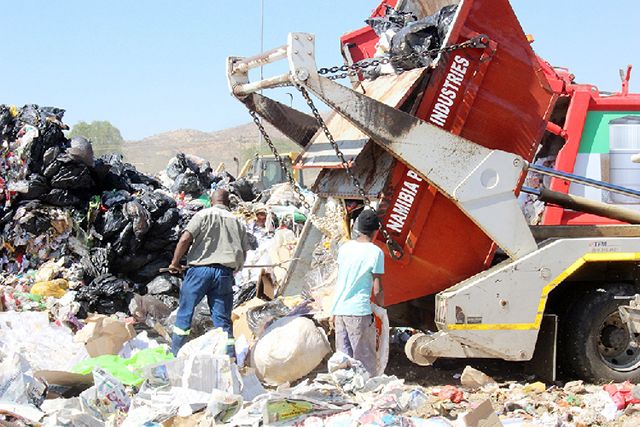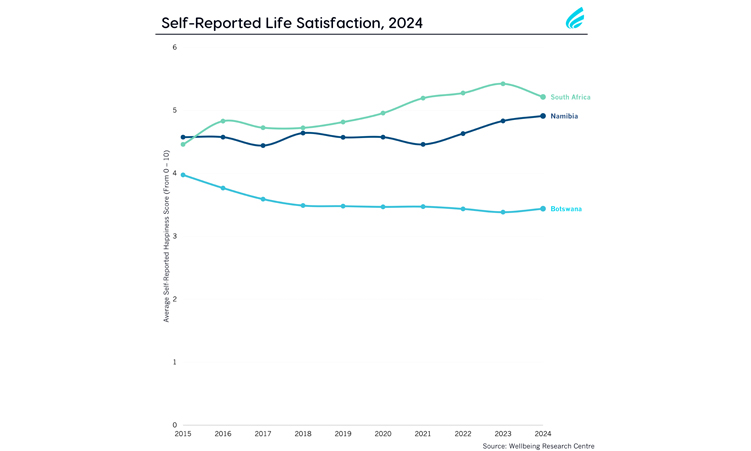The Swakopmund municipality and the National Housing Enterprise (NHE) signed an agreement on Wednesday for the construction of 805 affordable houses at the town’s DRC informal settlement.
The houses will cost between N$90 000 and N$200 000 each.
Swakopmund mayor Dina Namubes at the event said the town is faced with a huge housing backlog, as about 22 000 of Swapkopmund’s 75 000 residents are homeless.
“The effort would benefit disabled community members, street vendors, the elderly, the security department and media practitioners,” she said.
NHE chief executive Gisbertus Mukulu said this was the company’s first agreement and urged other town councils to follow suit.
Namubes said banks and other financial institutions only help a specific set of people.
“This is a really sad and depressing aspect of life, and as the people’s representatives, we must intervene and offer our assistance,” she said.
Namubes said the construction is expected to start soon after the NHE has completed financing.
“A performance agreement has been drafted and the completion of each house is expected to be done within a time period of two to three weeks,” she said.
“We are collaborating with small and medium enterprise developers, including housing groups like the Shack Dwellers Federation of Namibia, the second Harambee Prosperity Plan, Build Together, etc.
“With the ongoing development of erven and provision of homeownership certificates to over 2 500 community members in the DRC by the council, we are optimistic that we will be able to handle the majority of the housing crisis in less than three years from July,” she said.

The council has given the Build Together housing group 80 erven, as well as loans for the construction and completion of their homes.
By the end of 2024, the municipality anticipates to recieve 214 single residential family houses at Matutura from property developers Quintessential Trading Consultancy, and 119 from the NHE between July and August.
Land expert Benedict Louw said Swakopmund needs to do more to construct more houses.
He said counsellors need to use their political power to solve the land issue.
“These councillors need to put their egos and politics aside to do what’s best for the masses who vote for them,” he said.
Meanwhile, Namubes reminded councillors that they have a significant role to play in the growth of the nation.
“Land ought not to be sold, land is not a commodity. We reserve a lot of land for people who don’t even live in Namibia. It is not so difficult to give land to our own,” Louw said.
He said the housing prices are artificially inflated by property developers who are always looking at maximising their profit.
“How is N$90 000 affordable to a grandmother living in a shack with 15 grandchildren and some great-grandchildren, or for a security guard who earns less than N$3 000 a month, or for an unemployed single mother whose only income comes from the very minimal earnings she makes when she sells kapana?” he asked.
Louw said houses for low-income earners should not be sold to property developers, but rather to first-time owners.
He said housing is a national issue requiring national intervention.
“Mass housing was the brilliant idea of president Hifikepunye Pohamba, and the greedy elites just used it to enrich themselves instead of benefiting the people,” he said.
Minister of urban and rural development Erastus Uutoni in 2023 handed over 108 completed houses at Swakopmund.
Meanwhile, 1 837 houses were planned for Swakopmund, of which 1 332 have been completed and handed over to beneficiaries.
Since the inception of the mass housing programme in 2014, a total of 4 239 housing units have been built and handed over countrywide.
Stay informed with The Namibian – your source for credible journalism. Get in-depth reporting and opinions for
only N$85 a month. Invest in journalism, invest in democracy –
Subscribe Now!










